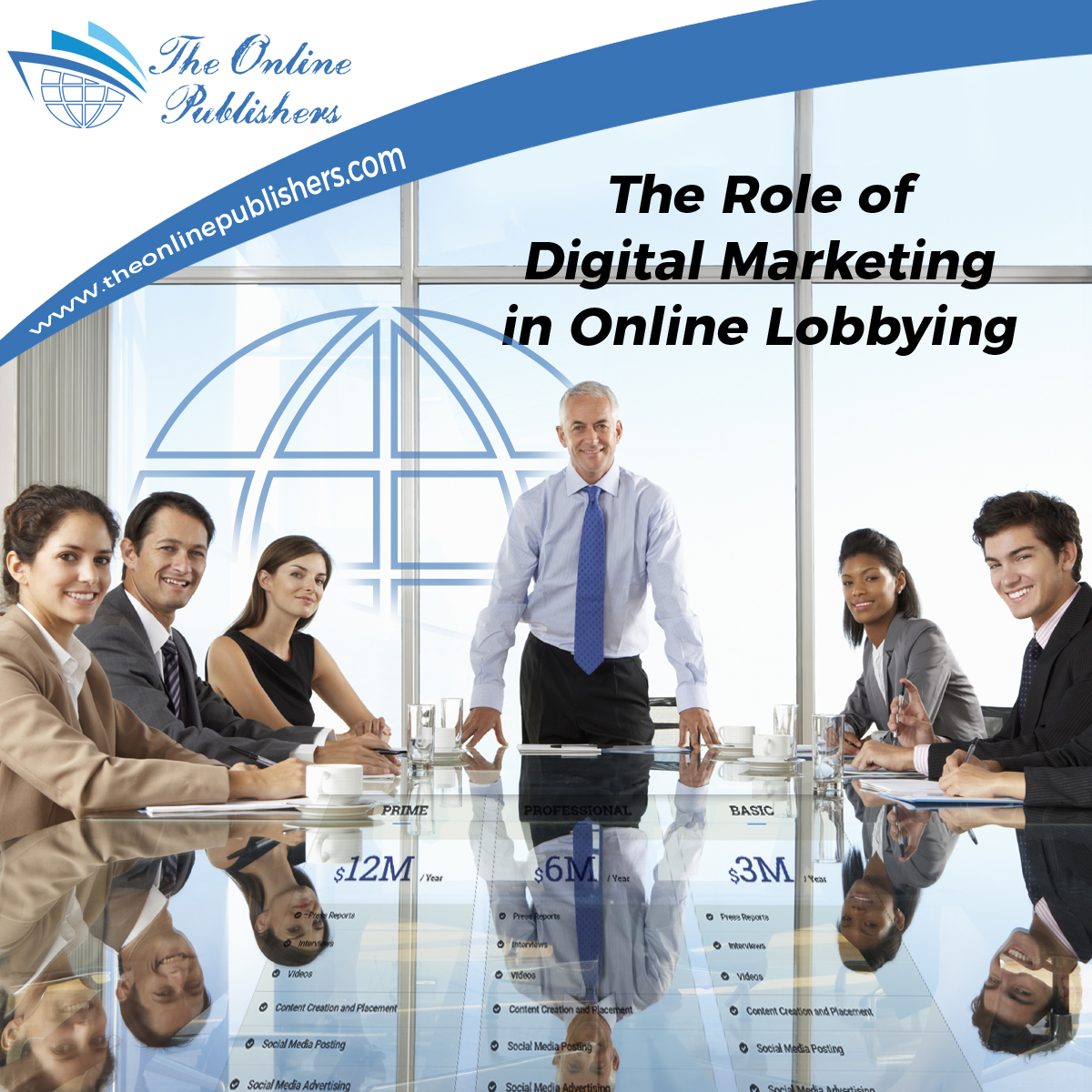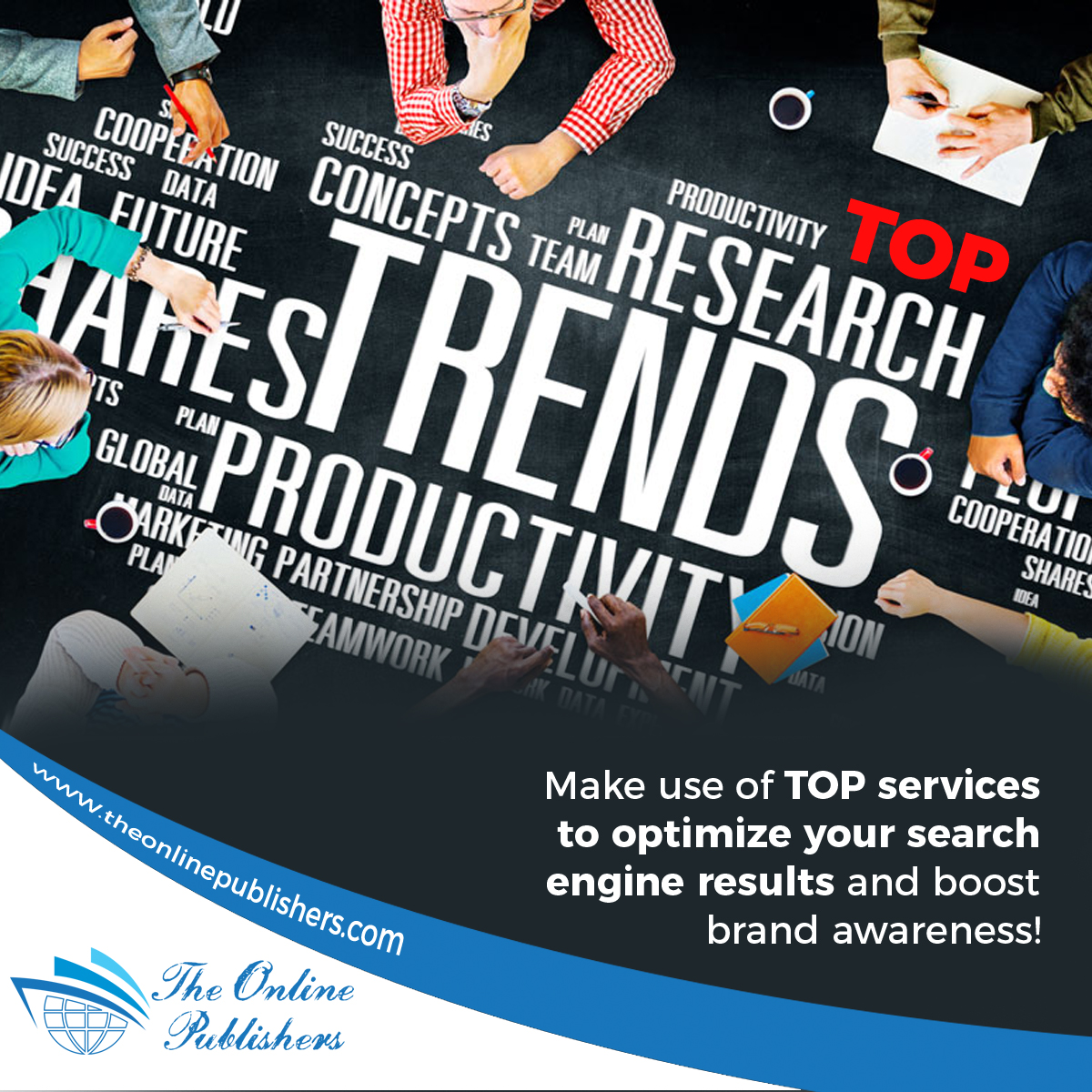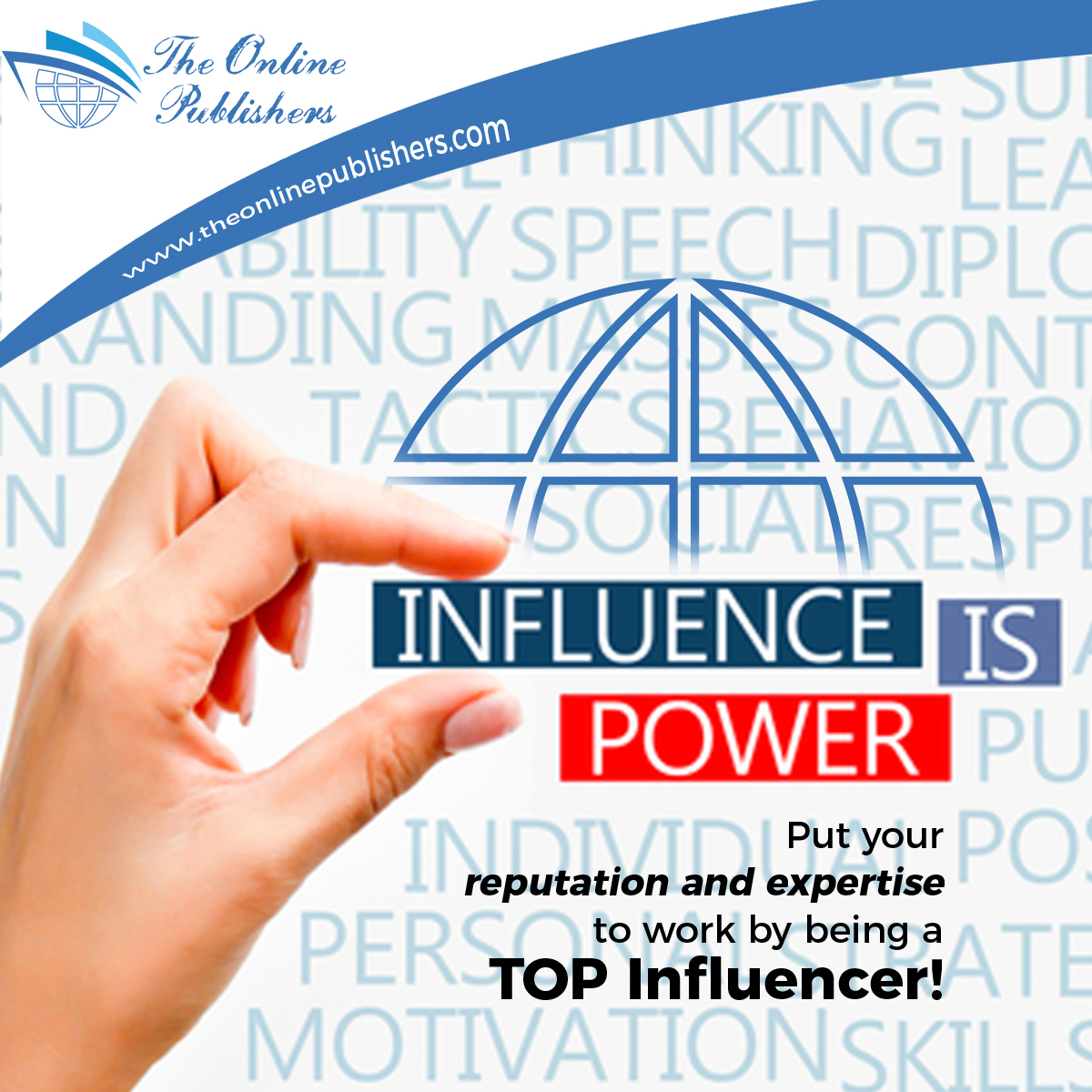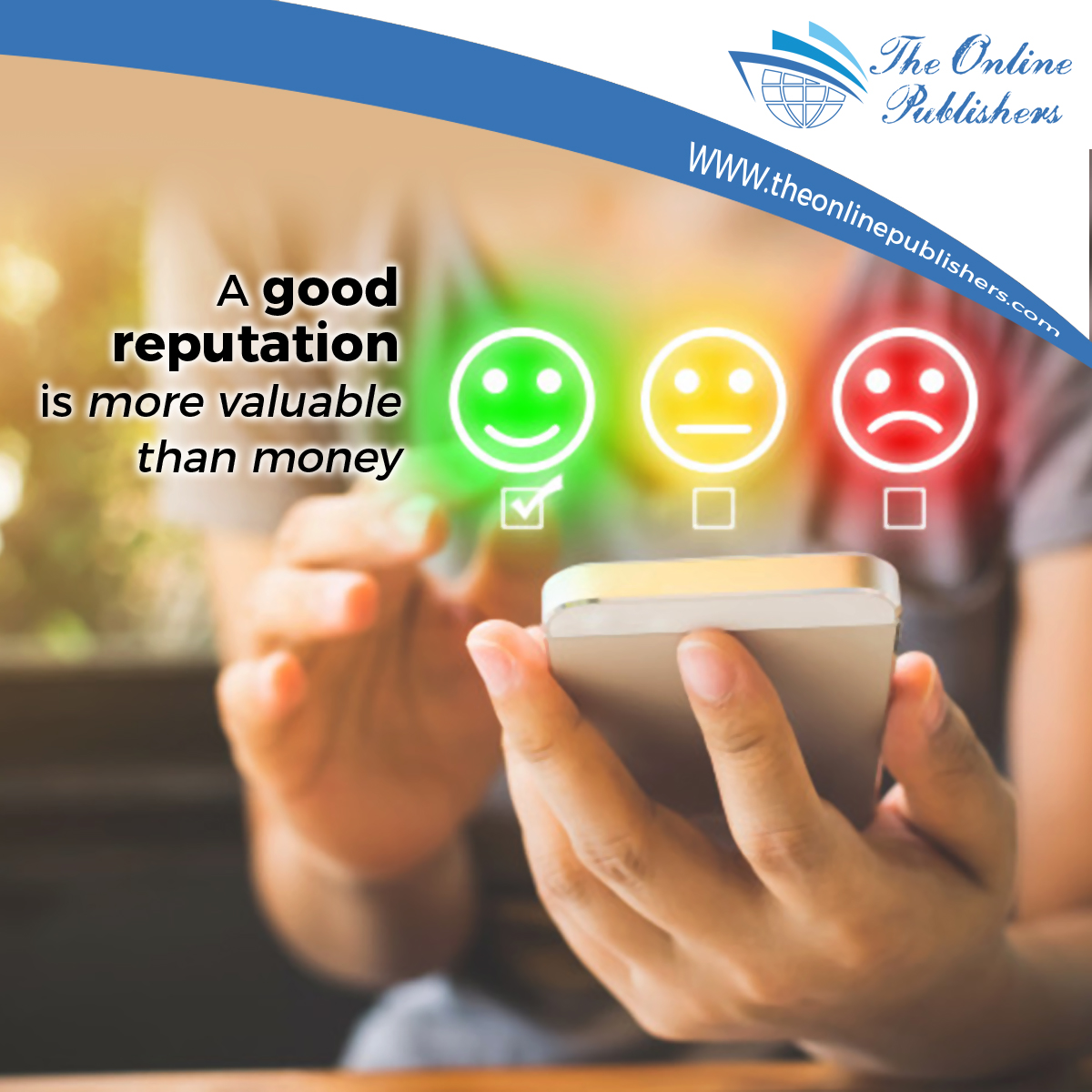Traditionally, it would take a phone call, email, a letter or a meeting for constituents to share their views and attempt political lobbying. That would take aspects like postal addresses, email addresses, phone numbers and the like to enhance communication. Unfortunately, these aspects were limited and subject to change. This is where the coming of social media changed the game and made it more effective.
As of now, almost –if not all – politicians have a Facebook, Twitter or LinkedIn account. With over 247 million Americans on social media, communication between the two parties has become more effective. In countries where the government considers public opinion as valuable to decision making, social media is being used as a lobbying tool. Online lobbying definition would be trying to influence decisions made by the congress using online platforms and the public’s opinion.
Politicians have been able to open social media pages and groups on certain political matters or issues arising. In these platforms, constituents an even non constituents are able to voice their opinion and give options for better solutions. In such a group, the politician can voice his or her opinion or present a question, so the public knows the basis of the matter. To be effective and get worthwhile solutions, a politician is expected to be blunt about the issue at hand.
Since everything is discussed online, the media houses and bloggers are always on the lookout. Such entities hold strong ground on decisions made by congress. They are influencers of the public and can make or break a situation quite easily. This, however, does not give them the right to spread lies or rumors to affect the decision making process. As a media house or blogger, it’s best to dig in and grab out facts only. When facts are analyzed and presented online with a solution, then it becomes easy to influence congress decision making.
Some corporate brands have been able to launch social media campaigns to influence congress. This has been successfully done by use of hashtags. Coming up with a hashtag that relates to a current affair is a good way to get people in on the discussion. For example, #BlackLivesMatter was started to address wrongful accusations and persecution of African Americans by the policemen. Other popular hashtags include #MeToo, #TaxReforms, and #Revolution. Hashtags are well represented when they are accompanied by a video, quote, image or a news clip.
The greatest advantage of using social media for lobbying is its ability to reach people all over the world in just a split second. The conversation no longer becomes internally influenced but a global one. By use of powerful social media tools and platforms, international relations will be enhanced worldwide. It doesn’t take social media alone to influence decisions by congress, but social media plays a big role in influencing political leaders and their decisions. It becomes easier to speak your mind and share thoughts with other members of the public as well. Discussions on social media don’t always have to be on a negative note, and are not in vain either.








